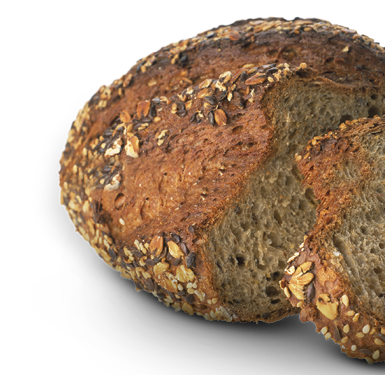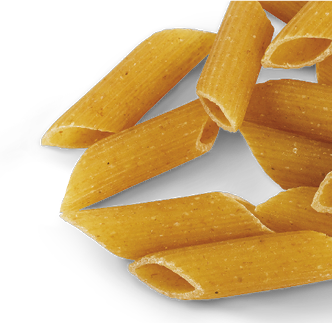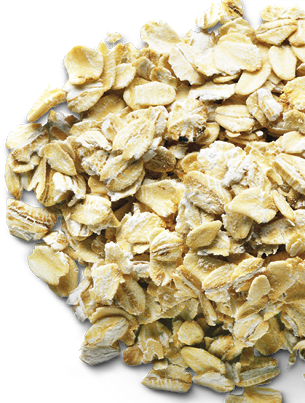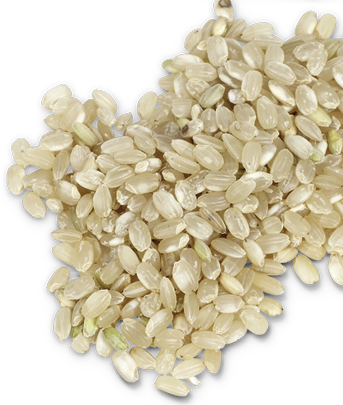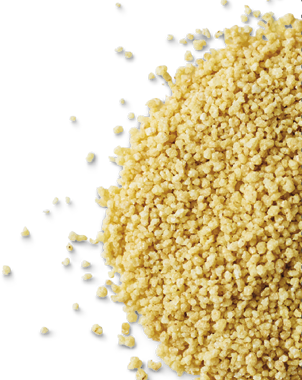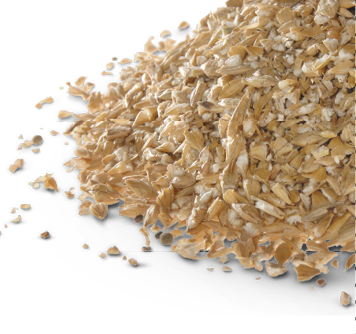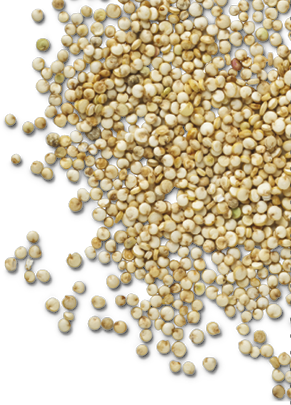-SUPERGROUP-
WHOLEGRAINS
Wholegrains are true all-rounders when it comes to their health benefits, having a positive effect on the circulatory, digestive, and immune systems and reducing age-related diseases. Switching from refined grains to wholegrains is a simple but powerful step to better health and a longer life.
Wholegrains contain more nutrients than refined grains. These commonly eaten wholegrains and wholegrain products have many benefits for longevity.
Wholegrain bread
- contains more potassium, magnesium, iron, and zinc than white bread.
Wholewheat pasta
- is higher in fibre so keeps you fuller for longer.
Oats
- are rich in soluble fibre, so help control blood sugar levels.
Brown rice
- is particularly rich in magnesium, manganese, and the B vitamins.
Wholewheat couscous
- is rich in the antioxidant selenium and a good source of potassium.
Rye bread
- is a great source of vitamin E: it contains 15 times more than white bread.
Barley (whole not pearl)
- is high in soluble fibre so helps with weight.
Quinoa
- is the nutrient winner – extremely rich in iron, potassium, and zinc.
Store wholegrains and wholegrain products in their packets or in airtight containers in a cool, dark place such as a cupboard or larder.
Most grains should be cooked before eating, although oats and bread don’t need cooking.
Wholegrains are so vital to the body, it’s important to eat them every day. Eat three servings daily for the best health and longevity benefits.
1 serving equals
- 1 medium slice of wholegrain bread such as wholemeal, granary, or rye
- 1 small wholewheat tortilla
- 2 oatcakes or rye crisp breads
- 3 tablespoons of wholegrain breakfast cereal
- 1 heaped tablespoon of uncooked oats
- 2 heaped tablespoons of barley, quinoa, or wholewheat couscous
- 2 heaped tablespoons of cooked brown or wild rice
- 3 heaped tablespoons of cooked wholewheat pasta.
Look for the word “whole” on labels and ingredients, except for oats and brown or wild rice, which are always “whole”.
Smart swaps for longevity
Changing from refined grains to wholegrains has numerous body-wide health and longevity benefits as wholegrains can contain up to 75 per cent more nutrients than refined grains. Wholegrain foods offer the complete package and contain all parts of the grain, but when grains are refined, the outer bran layer and germ are stripped away, so the grain loses many of its nutrients and much of its fibre.
Health promoter
It’s the total wholegrain package that gives wholegrain foods their diverse health benefits. A 2016 review of studies found three servings of wholegrains a day were linked to a 12 per cent reduction in the risk of stroke, a 15 per cent reduction in cancer, and a 22 per cent reduction for respiratory disease.
Reducing bowel cancer risk
Good intakes of fibre are proven to help protect against colorectal (bowel) cancer, and wholegrains play an important role in boosting our intakes of fibre. A review of 25 studies found that three servings of wholegrains a day reduced the risk of bowel cancer by 17 per cent.
Cutting the risk of diabetes
A review of 16 studies found that eating three daily servings of wholegrains reduced the risk of type 2 diabetes by 32 per cent. Interestingly, a small number of studies confirm that while brown rice is protective against the disease, high intakes of white rice seem to increase the risk of developing type 2 diabetes.
Weight control
Studies show people who eat more wholegrain foods have a lower body mass index, less body fat, and are less likely to gain weight over time, mainly due to the good fibre content. As the fibre in wholegrain foods takes longer to digest, it helps us to feel fuller for longer and can help to reduce calorie intake.
One slice of wholegrain bread provides the same fibre content as 2½ slices of white bread.
